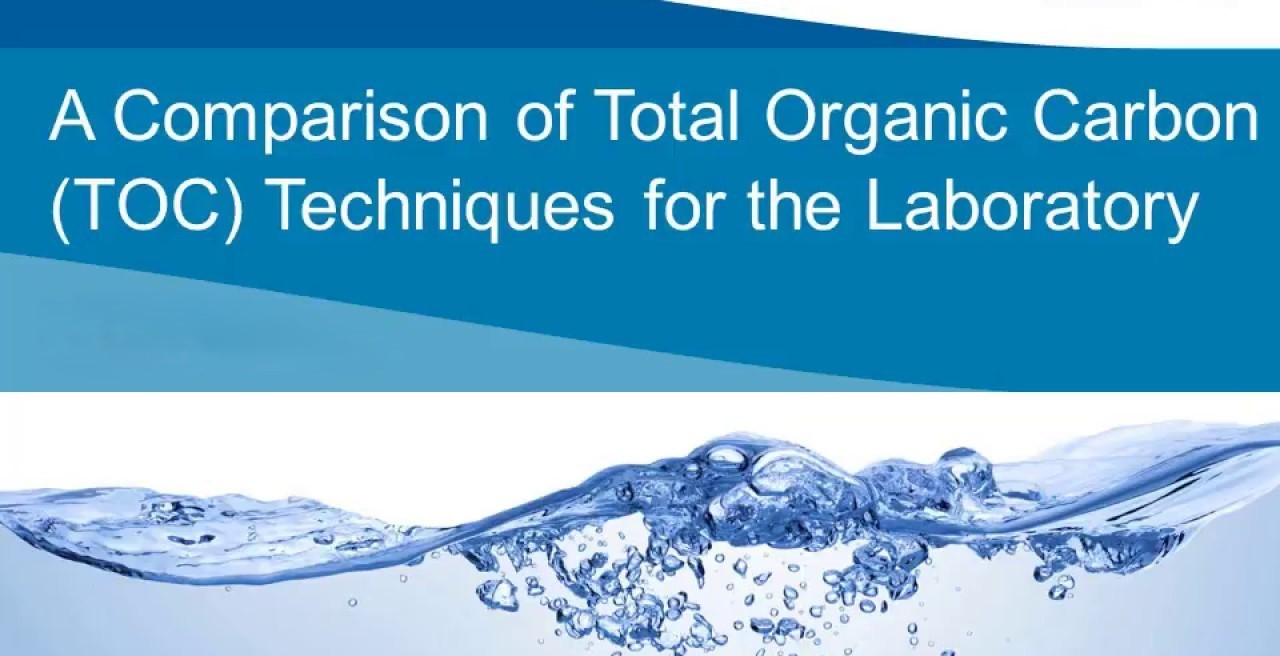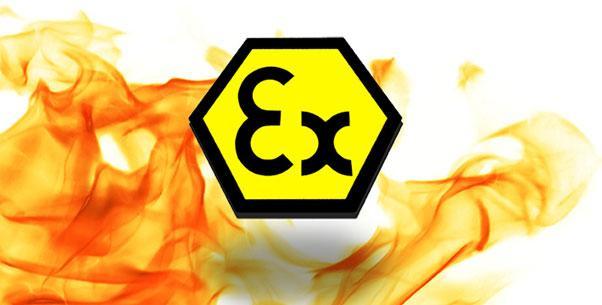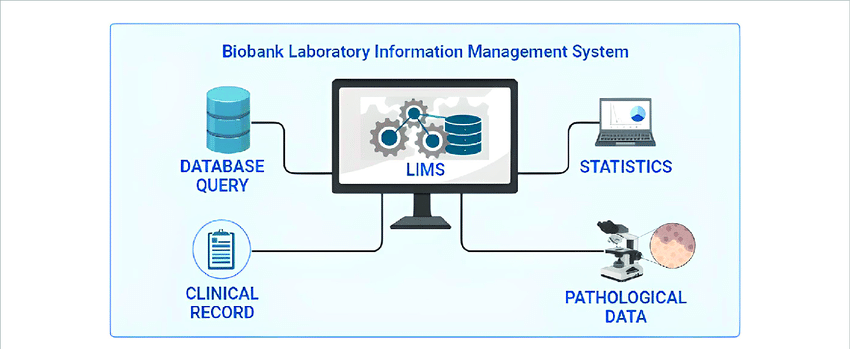Comparing Different TOC Analyzers: Which One is Right for Your Laboratory?
Introduction
Total Organic Carbon (TOC) analyzers are crucial for assessing water quality, environmental monitoring, and ensuring regulatory compliance in laboratories. With various types of TOC analyzers available, selecting the right one for your laboratory can be challenging. This guide compares different TOC analyzers, helping you determine the best fit for your needs.
Table of Contents
- Understanding TOC Analysis
- Types of TOC Analyzers
- Key Features to Consider
- Comparative Analysis of Popular Models
- Choosing the Right TOC Analyzer for Your Laboratory
- Case Studies: Successful Implementations
Main Content
Understanding TOC Analysis
TOC analysis measures the amount of organic carbon in water, which is essential for monitoring environmental health, water treatment processes, and ensuring compliance with regulatory standards. TOC analyzers work by oxidizing organic matter and measuring the resulting CO2.
"TOC analysis is a critical component in water quality assessment and environmental monitoring."
Types of TOC Analyzers
There are several types of TOC analyzers, each using different methods to measure organic carbon:
- Catalytic Combustion TOC Analyzers
- UV Persulfate Oxidation TOC Analyzers
- High-Temperature Combustion TOC Analyzers
- UV/Persulfate Combination TOC Analyzers
"Understanding the different types of TOC analyzers helps in selecting the most suitable one for your laboratory."
Key Features to Consider
When choosing a TOC analyzer, consider the following key features:
- Detection Limit: The lowest concentration of organic carbon that the analyzer can detect.
- Sample Throughput: The number of samples the analyzer can process in a given time.
- Ease of Use: User-friendly interface and software.
- Maintenance Requirements: Frequency and complexity of maintenance tasks.
- Cost: Initial investment and operational costs.
"Key features like detection limit and sample throughput are critical in selecting the right TOC analyzer."
Comparative Analysis of Popular Models
Here we compare three popular TOC analyzers based on their features, performance, and suitability for different applications:
- Analyzer A: High-temperature combustion, suitable for high-precision applications.
- Analyzer B: UV persulfate oxidation, ideal for routine analysis with moderate throughput.
- Analyzer C: Catalytic combustion, best for low-level detection and environmental monitoring.
"Comparing popular models based on their features and performance helps in making an informed decision."
Choosing the Right TOC Analyzer for Your Laboratory
To choose the right TOC analyzer, consider your laboratory's specific needs, such as the type of samples, required detection limits, and budget constraints. Conduct a thorough evaluation of each model's features and consult with manufacturers or peers for recommendations.
"A thorough evaluation of your laboratory’s needs and TOC analyzer features ensures the best choice."
Case Studies: Successful Implementations
Explore case studies of laboratories that have successfully implemented different TOC analyzers. These examples highlight the challenges faced, the chosen solutions, and the benefits achieved.
"Real-world examples provide valuable insights into the practical benefits of different TOC analyzers."
Conclusion
Selecting the right TOC analyzer for your laboratory involves understanding the different types, evaluating key features, and considering your specific needs. By following this guide and learning from successful case studies, you can make an informed decision that enhances your laboratory's efficiency and accuracy.
Author Bio
[Author's Name] is a water quality expert with over [number] years of experience in environmental analysis and laboratory instrumentation. At Agua Instruments, [he/she/they] specialize in helping laboratories select and implement advanced analytical solutions.
Related Posts
- "The Importance of TOC Analysis in Environmental Monitoring"
- "How to Maintain Your TOC Analyzer for Optimal Performance"
- "Advancements in TOC Analysis Technology"



